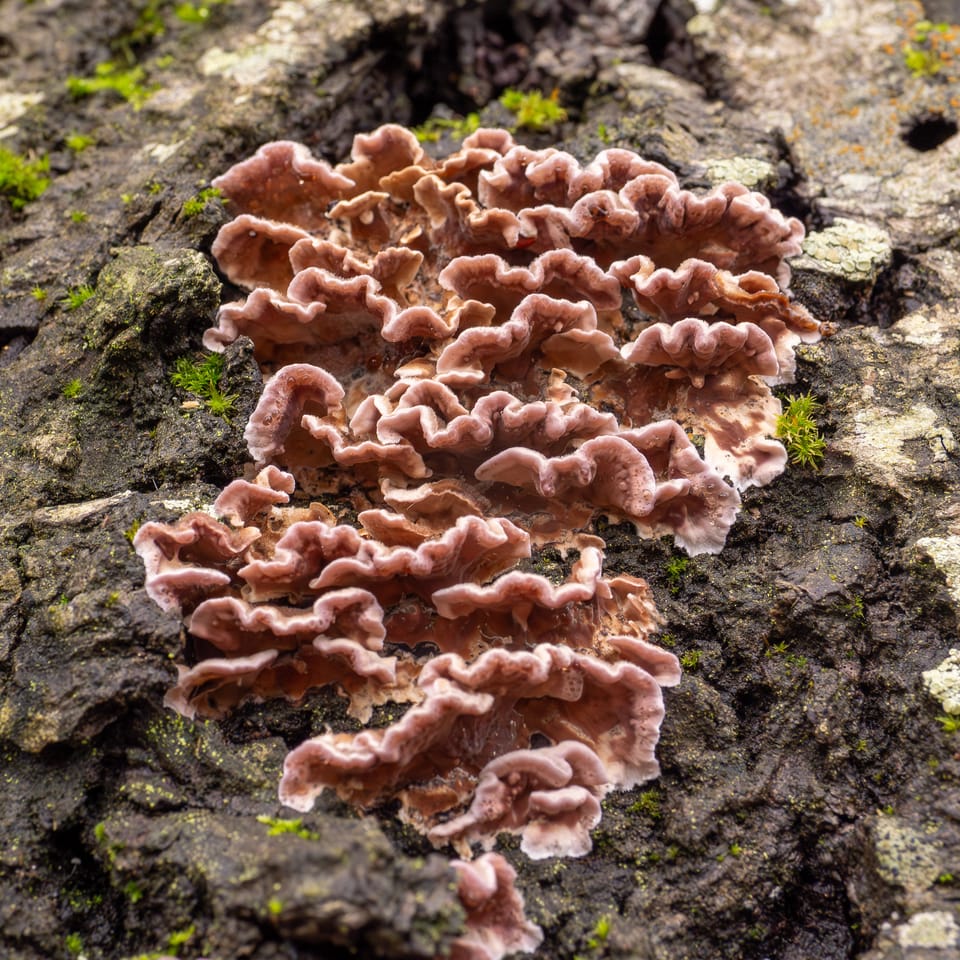EcoWest News, November 25, 2025

Welcome to EcoWest News, a weekly round-up of news and resources that you can put to use in addressing environmental issues and protecting the wild in your community.
Across the West
A First Nation-owned mine could turn Manitoba into a centre for clean magnesium in North America. [CBC]
Wood Buffalo National Park, a UNESCO World Heritage site, is one of the world’s largest boreal deltas, an important migratory feeding ground, and home to the largest free-roaming herd of wood bison. It faces significant threats that have not been adequately addressed. [CPAWS Northern Alberta]
A BC First Nation says it is banning the use of herbicides across all of its territory, including Prince George and the Robson Valley. They say the ban is being put into place because of the negative impacts herbicides, and glyphosate in particular, have had on the environment and wildlife for which they are stewards. [CBC]
Tahltan First Nation is benefitting financially and through employment opportunities from the Red Chris copper mine, but First Nations in Alaska see no benefits and a serious risk of pollutants flowing across the border. [The Tyee]
Across Canada
Local leadership has played a key role in developing hydro power to replace expensive, polluting diesel in Nunavut. [Pembina Institute]
Around the World
The changing climate is shaping sports: matches cancelled because of heat waves, training sessions at dawn or dusk, air quality alerts, and flooded pitches. [The Guardian]
Pernambuco is renowned as the perfect wood for making bows. What many string players don’t realize is that pernambuco is becoming increasingly rare. Some makers are looking for alternatives. [Strings Magazine]
Global energy efficiency is slow, but progress is possible. Key equipment (e.g. air conditioning) could be twice as efficient if the standards matched best available technologies. Efficiency standards should be established in areas such as industrial electric motors and cooking appliances. [RMI, IEA]
Boats & Shipping
Companies are developing electric fishing boats and ferries, but progress is slow due to cost and a shortage of charging stations and skilled mechanics. [Inside Climate News]
Roughly 80% of goods traded worldwide are transported by ship, accounting for 3% of global carbon emissions. Wind-powered cargo ships offer an alternative for both cargo and passengers. [The Guardian]
Agriculture
Three years of results from farm operations combined with solar arrays in France indicate microclimate control, increased crop yields and animal comfort, and reduced evaporation. [pv magazine]
“Research shows that as much as 50% of applied nitrogen fertilizer is in excess of what crops need and is unused by plants,” polluting water and degrading the soil. [The Equation]
Reporting Back
Managing Rising Risks: Climate-Resilient Shorelines for Canada outlines how regional shoreline management can help communities plan and adapt more effectively across entire coastal and freshwater systems. [Intact Centre for Climate Adaptation]
Seeds of Change: Cultivating Mini Forests Across Canada investigates the rapid growth of the mini forest movement and shares lessons, challenges, and best practices to help communities advance greener cities. [Green Communities Canada]
Biodiversity
Two studies find that beaver-engineered wetlands attract twice as many hoverflies, nearly 50% more butterflies, and a richer variety of bats compared to human-made ponds or free-flowing streams. [Anthropocene]
Nature’s Wonders
Researchers have captured video footage of wild wolves in British Columbia pulling crab traps out of the sea by their lines to eat the bait inside. [CBC]
Urban flamingoes, an Arctic wolf on the prowl, and a crane fly surrounded by a ghostly blue aura – the winning images from this year’s NatureinFocus photography awards. [Gizmodo]
Photo credit: https://www.flickr.com/photos/apmckinlay/54928700714
EcoFriendly West informs and encourages initiatives that support Western Canada’s natural environment through its online publication and the Nature Companion website/app. Like us on Facebook, follow us on BlueSky, X, and Mastodon, or subscribe by email.

Member discussion